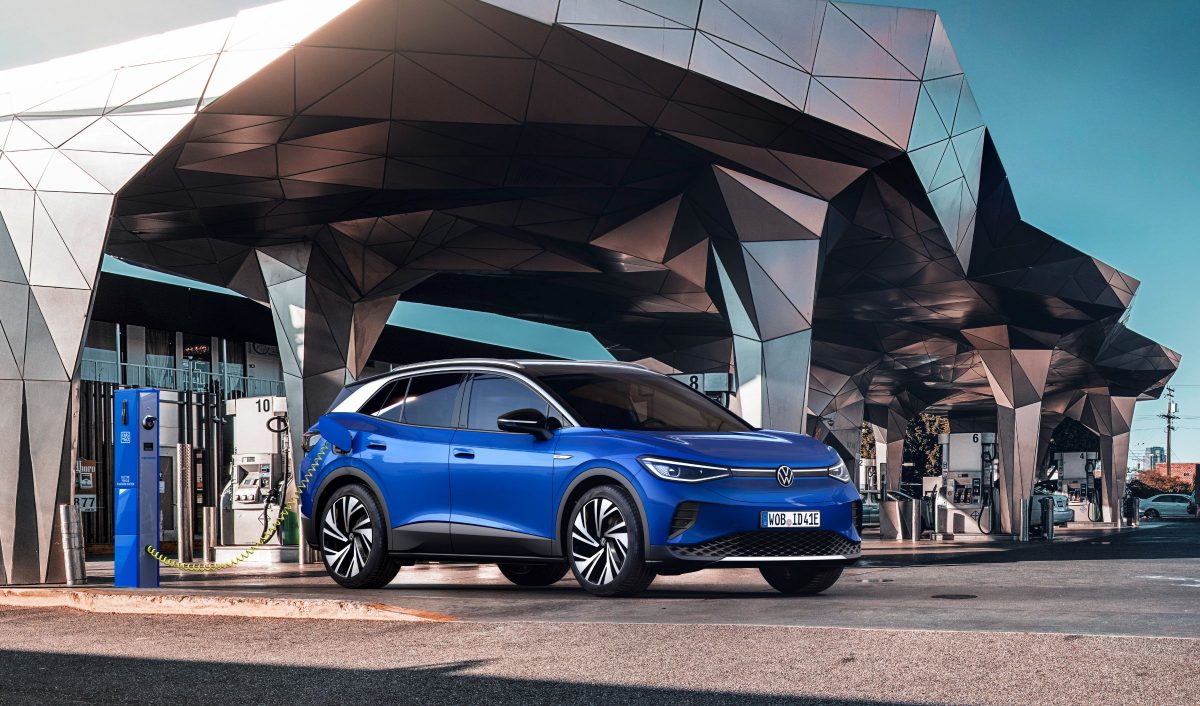With regard to implementing artificial intelligence projects, ŠKODA AUTO is supported by the ŠKODA FabLab, for example. In this Industry 4.0 laboratory, employees from the car manufacturer’s Central Technical Service department work on suitable ideas and specific projects. The lab is divided into different topic clusters and makes ŠKODA AUTO even more flexible in digitalisation, which is… Continue reading @VW Group: ŠKODA FabLab tests and optimises image analysis technology as part of an AI pilot project
Tag: VW
@Daimler: Karin Rådström takes over management of Mercedes-Benz Trucks on 1 February 2021
Karin Rådström will start her appointment as Member of the Board of Management, Daimler Truck AG, responsible for Mercedes-Benz Trucks, on 1 February 2021. Rådström most recently has been responsible for sales and marketing at Scania as a member of the Executive Board. Sweden-born Rådström started at Scania as a trainee in 2004 after graduating… Continue reading @Daimler: Karin Rådström takes over management of Mercedes-Benz Trucks on 1 February 2021
@VW Group: Meet the Volkswagen ID.4: Finally, an electric SUV for you Americans’ embrace of the SUV has reached the point where just under hal…
Americans’ embrace of the SUV has reached the point where just under half of all vehicles sold new in the United States are some kind of SUV. Meanwhile, despite all the potential benefits of electric vehicles, their costs and lack of choice or availability have kept their numbers low – just over 1 percent of… Continue reading @VW Group: Meet the Volkswagen ID.4: Finally, an electric SUV for you Americans’ embrace of the SUV has reached the point where just under hal…
ADASKY Secures $15M investment from existing shareholders as part of Series B investment round
YOKNE’AM, Israel, Oct. 22, 2020 /PRNewswire/ — ADASKY, an Israeli startup engaged in developing and manufacturing revolutionary thermal imaging (LWIR) systems for automotive and pedestrian safety, announced today that it has secured a $15M investment from existing shareholders Kyocera Corporation and Sungwoo-Hitech Co., Ltd, as part of a Series B investment round. This ongoing funding round… Continue reading ADASKY Secures $15M investment from existing shareholders as part of Series B investment round
Volkswagen ID 3 aces Euro NCAP tests with five-star safety rating
The new Volkswagen ID 3 has achieved the maximum five-star safety rating from Euro NCAP, earning praise for scoring good results in every aspect of the assessment process. The recently launched electric family hatchback is the first production car based on the Volkswagen Group’s new MEB platform and leads a range of electric vehicles from Volkswagen and sister brands Audi, Seat and Skoda.… Continue reading Volkswagen ID 3 aces Euro NCAP tests with five-star safety rating
@VW Group: Small Q, big coup: The Audi Q2 in new top form
Progressive design, compact dimensions, and great driving pleasure: The Audi Q2 established itself as a car full of character right away when it was introduced on the market four years ago. Audi has now refreshed the car, giving the exterior an even more distinctive profile with striking details and new headlights. The Audi connect services… Continue reading @VW Group: Small Q, big coup: The Audi Q2 in new top form
Nexteer Unveils New High-Output Electric Power Steering System
AUBURN HILLS, Mich., Oct. 21, 2020 /PRNewswire/ — Nexteer Automotive launches High-Output Electric Power Steering (EPS) that delivers advanced safety and comfort features as well as enhanced fuel efficiency for heavy-duty (HD) trucks and light commercial vehicles (LCVs). Now with the ability to steer these vehicle types electrically, drivers of HD trucks and LCVs can benefit… Continue reading Nexteer Unveils New High-Output Electric Power Steering System
Tesla supplier LG Chem to boost battery capacity
By Hyunjoo Jin, Heekyong Yang 3 Min Read SEOUL (Reuters) – Electric vehicle battery maker LG Chem 051910.KS plans to triple production capacity for cylindrical batteries used by Tesla and others, and is considering expansion in Europe and North America to meet surging demand, it said on Wednesday. FILE PHOTO: The logo of LG Chem… Continue reading Tesla supplier LG Chem to boost battery capacity
@Hyundai: Visual Deception: The Secret Behind Camouflage Patterns
For leakage prevention before unveiling new cars, automakers use camouflage patterns when they test their new models. So, what exactly a camouflage pattern is? Here’s the secret revealed. For every automaker in the world, the model launch is one of the most important issues. And until that day, they do their new designs or specs… Continue reading @Hyundai: Visual Deception: The Secret Behind Camouflage Patterns
Tesla supplier LG Chem sees rising battery profit after record earnings
By Reuters Staff 1 Min Read FILE PHOTO: The logo of LG Chem is seen at its office building in Seoul, South Korea, October 16, 2020. REUTERS/Kim Hong-Ji SEOUL (Reuters) – LG Chem 051910.KS, an electric battery supplier for Tesla TSLA.O and Volkswagen VOWG_p.DE, on Wednesday forecast a further rise in its battery sales and… Continue reading Tesla supplier LG Chem sees rising battery profit after record earnings

